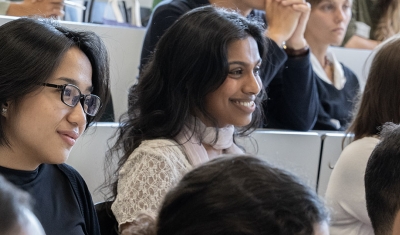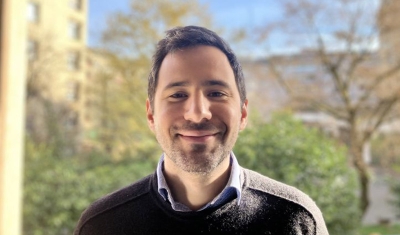Current challenges – like the war in Ukraine or the climate crisis – prompted MTJ students to delve into related topics by addressing temporary protection mechanisms for Ukrainian displaced persons within the European Union (EU) or the role of international law in addressing reparations for environmental damages.
Other topical issues include reparation strategies for human rights violations arising from cyber operations within fragile states, naturalization as a form of reparations for mass atrocities, the evolving influence of social media on political memory, the use of faith-based transitional justice (TJ) approaches as potential vehicles for reconciling religious communities or colonialism and its connection to EU asylum procedures.
‘As in previous years, most papers address a specific TJ issue in context, in countries like Afghanistan, Austria, Australia, Cambodia, Colombia, Germany, Greece, India, Indonesia, Kosovo, Kyrgyzstan, Lesotho, Liberia, Myanmar, Nepal, Philippines, Rwanda, South Sudan, Sri Lanka, Uganda, and Ukraine. This reflects the diversity of our students and their interest in linking theoretical concepts and debates to practical problems and situations’ underlines Dr Clotilde Pégorier.





